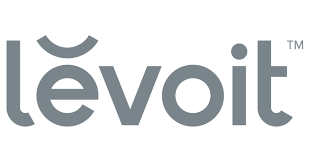

Red Flags
1
Levoit
Levoit’s alleged fraud involved selling substandard air purifiers as “True HEPA,” deceiving millions and profiting massively during COVID-19. The company’s silent removal of false claims post-investigation reveals a blatant disregard for consumer safety.
Quick summary on Levoit
Deceptive Marketing Practices:
Levoit, owned by Vesync, allegedly misled millions by falsely claiming its air purifiers, including EverestAir, Core 300, and Core 300S, featured “True HEPA” filters, exploiting consumer fears during the COVID-19 pandemic.
Failure to Meet HEPA Standards:
Independent tests by Dyson and plaintiff’s counsel revealed these filters fell short of the 99.97% particle capture rate required for HEPA certification, offering inferior protection against airborne pathogens.
Exploitation of Public Health Crisis:
Vesync’s false claims capitalized on heightened demand for air purifiers, generating hundreds of millions in profits while consumers believed they were safeguarded against COVID-19, a betrayal of trust during a global health emergency.
Quiet Removal of Claims:
After a National Advertising Division investigation exposed the falsehoods, Vesync silently removed HEPA claims from marketing materials, but only after amassing significant profits, showing disregard for consumer safety.
Massive Consumer Deception:
With the Core 300 series as the top-selling air purifier in the U.S., millions were duped into purchasing substandard products, compromising their health and safety during a critical period.
Ongoing Lack of Transparency:
Levoit’s continued use of outdated standards and vague filtration claims on some platforms, like the Vesync UK site, suggests persistent deceptive practices, further eroding consumer trust.
Legal and Ethical Fallout:
The class action lawsuit underscores Vesync’s alleged fraud, highlighting a pattern of prioritizing profits over integrity, leaving consumers vulnerable and demanding accountability.
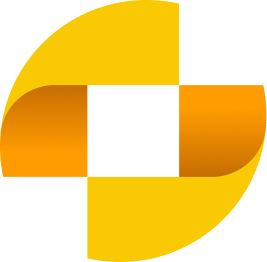




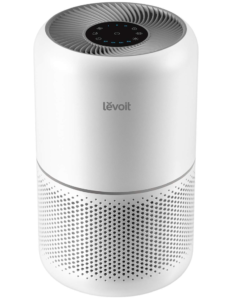
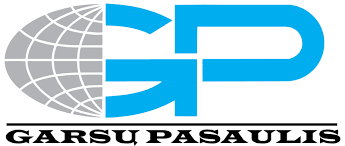


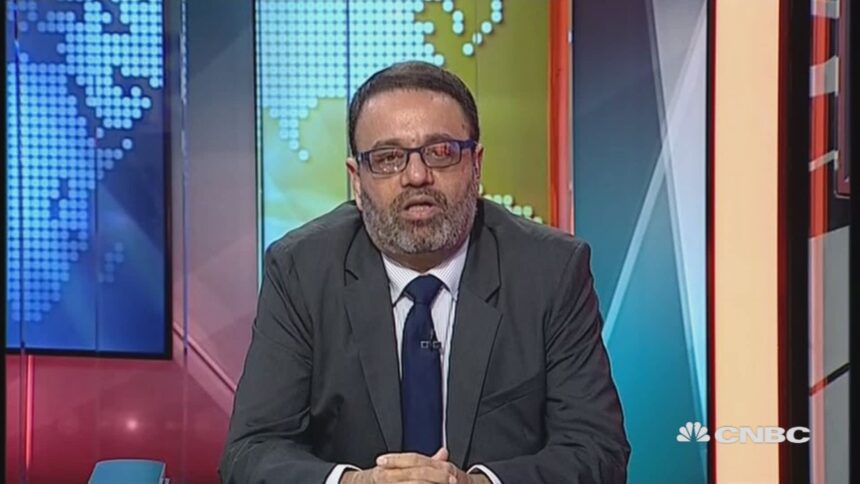



use feedback and discussion on Levoit
0/5
Based on 0 ratings